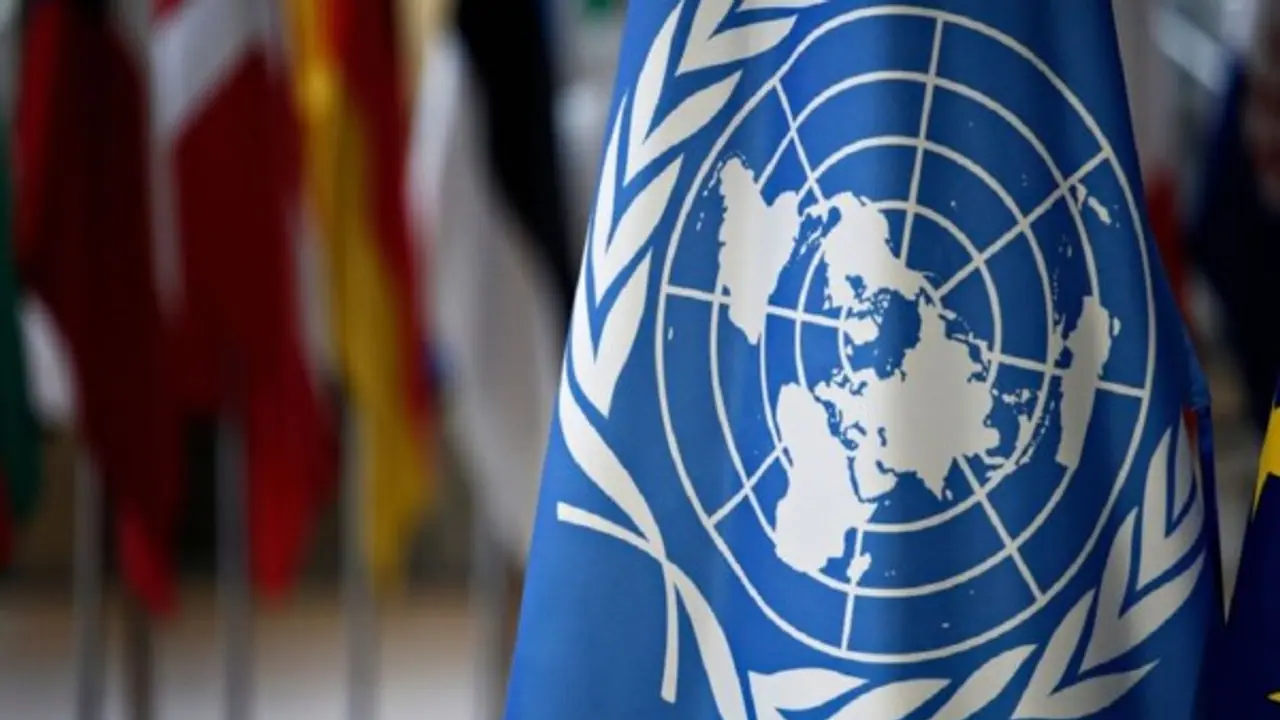India plans to present evidence to the UNSC 1267 Committee against Pakistan for shielding terror outfit TRF, amid ongoing Operation Sindoor in response to the Pahalgam attack.
India is set to take fresh diplomatic steps against Pakistan at the United Nations Security Council (UNSC), with an ANI report quoting sources confirming that a team will soon be dispatched to present evidence exposing Pakistan's complicity in supporting terrorism. This development follows a string of recent events, including the April 22 terror attack in Pahalgam that left 26 civilians dead.

According to ANI sources, the UNSC’s 1267 Sanctions Committee—formally known as the ISIL (Da'esh) and Al-Qaida Sanctions Committee—is expected to convene next week. Established under UNSC Resolution 1267 in 1999, this powerful UN body is responsible for monitoring and implementing sanctions against individuals, entities, and groups associated with Al-Qaida, ISIL (Da'esh), and affiliated organizations. It enforces measures pursuant to UNSC resolutions 1267 (1999), 1989 (2011), and 2253 (2015).
TRF named in Pahalgam attack; India seeks UN sanctions and global accountability
India has accused Pakistan of shielding The Resistance Front (TRF), a proxy of Lashkar-e-Taiba, by blocking any reference to the group in the UNSC’s statement condemning the Pahalgam attack. Despite TRF claiming responsibility for the attack twice, Pakistan reportedly resisted its naming, a move Indian officials interpret as deliberate diplomatic shielding of terror outfits.
TRF, which emerged after the abrogation of Article 370 in Jammu and Kashmir, has been designated as a terrorist organization by Indian authorities. The group is accused of orchestrating killings, recruiting militants, and smuggling weapons across the border.
India plans to present its case before the 1267 Sanctions Committee to get TRF designated under UN sanctions, which would involve travel bans, asset freezes, and arms embargoes on the group and its members. TRF has allegedly been involved in several attacks in Kashmir, including grenade assaults, ambushes, and targeted killings.
Operation Sindoor marks a strategic shift in India’s counter-terror response
Meanwhile, India on Sunday confirmed that Operation Sindoor, a military campaign launched in response to the Pahalgam attack, is not over. Sources described it as a strategic shift in India’s counter-terrorism policy. The operation carried out from May 7 involved precision strikes targeting terrorist infrastructure in Pakistan and Pakistan-occupied Jammu and Kashmir, and also dismantled key Pakistan air bases.
"Operation Sindoor is not over, we are in the new normal, the world has to accept this. Pakistan has to accept this; it cannot be business as usual," sources told ANI, indicating that the Indian military response could extend further.
US President Trump praises peace efforts, India reiterates no third-party role on Kashmir
In a separate development, US President Donald Trump welcomed the de-escalation between India and Pakistan, while alluding to the possibility of a major catastrophe had tensions continued to rise. In a post on Truth Social, Trump wrote, "I am very proud of the strong and unwaveringly powerful leadership of India and Pakistan for having the strength, wisdom, and fortitude to fully know and understand that it was time to stop the current aggression that could have led to the death and destruction of so many, and so much. Millions of good and innocent people could have died! Your legacy is greatly enhanced by your brave actions."
Trump also reiterated the claim that the United States played a role in mediating peace and offered to assist in resolving the Kashmir issue. However, India has consistently rejected third-party intervention in matters related to Jammu and Kashmir, maintaining that it is an internal issue.
Despite a military understanding between the Directors General of Military Operations (DGMOs) of India and Pakistan, tensions remain high. On Saturday, Pakistan violated the cessation of hostilities, prompting retaliation from the Indian Army.
In a special media briefing, Foreign Secretary Vikram Misri said the breach was taken “very seriously” by India. "India takes very serious note of these violations," he stated, calling on Pakistan to "take appropriate steps to address these violations and deal with the situation seriously and responsibly."
Misri added that the Indian Armed Forces have been given clear instructions to respond strongly to any further violations along both the International Border and the Line of Control.


